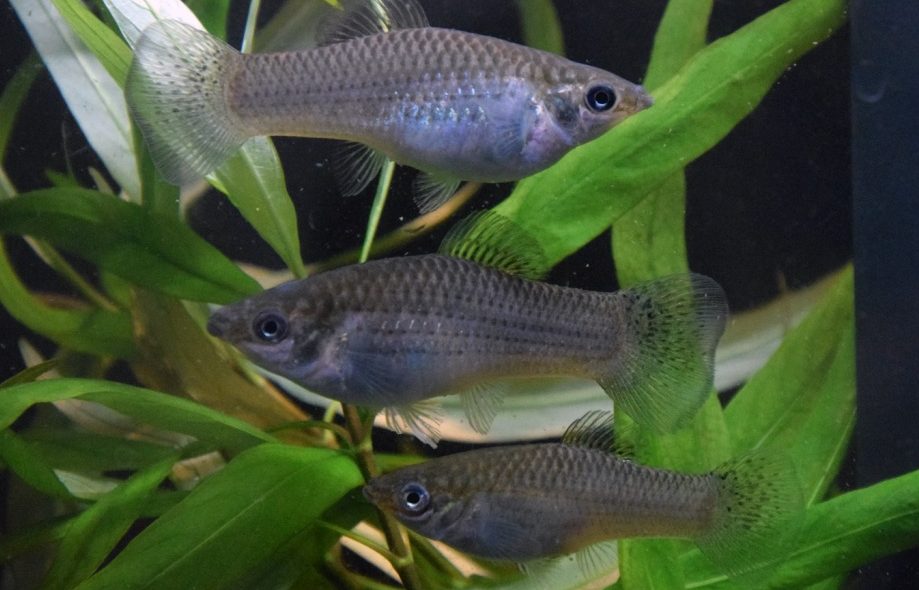Developing exploration behavior
Tracking genetically identical individuals from day 1 of their life to understand the development of intelligent behavior

©SCIoI
A human or a robot in an escape room face a task that closely resembles that of a newborn biological organism: being initially completely ignorant about the specifics of the current environment, the task is to develop intelligent (i.e. adaptable, general, cost-effective and goal-directed) behavior. While evolution has made biological organisms extremely good in solving such tasks, very little is known about the behavioral mechanisms underlying this ability. The objectives of this project are (i) to use a high-resolution tracking system and a powerful biological model system – the naturally clonal fish Amazon molly (Poecilia formosa) – to track the exact behavioral-experiential trajectories of a large number of genetically identical individuals from day 1 of their life and (ii) to produce algorithmic models of exploration behavior that both predict real world behavioral-experiential trajectories of newborn individuals and perform well when implemented in agents in large-scale virtual experiments simulating a broad range of conditions and related tasks. Throughout, we will aim to generate improved synthetic artifacts (algorithms and computer simulations) and a deeper understanding of how newborn biological organisms develop intelligent behavior.




